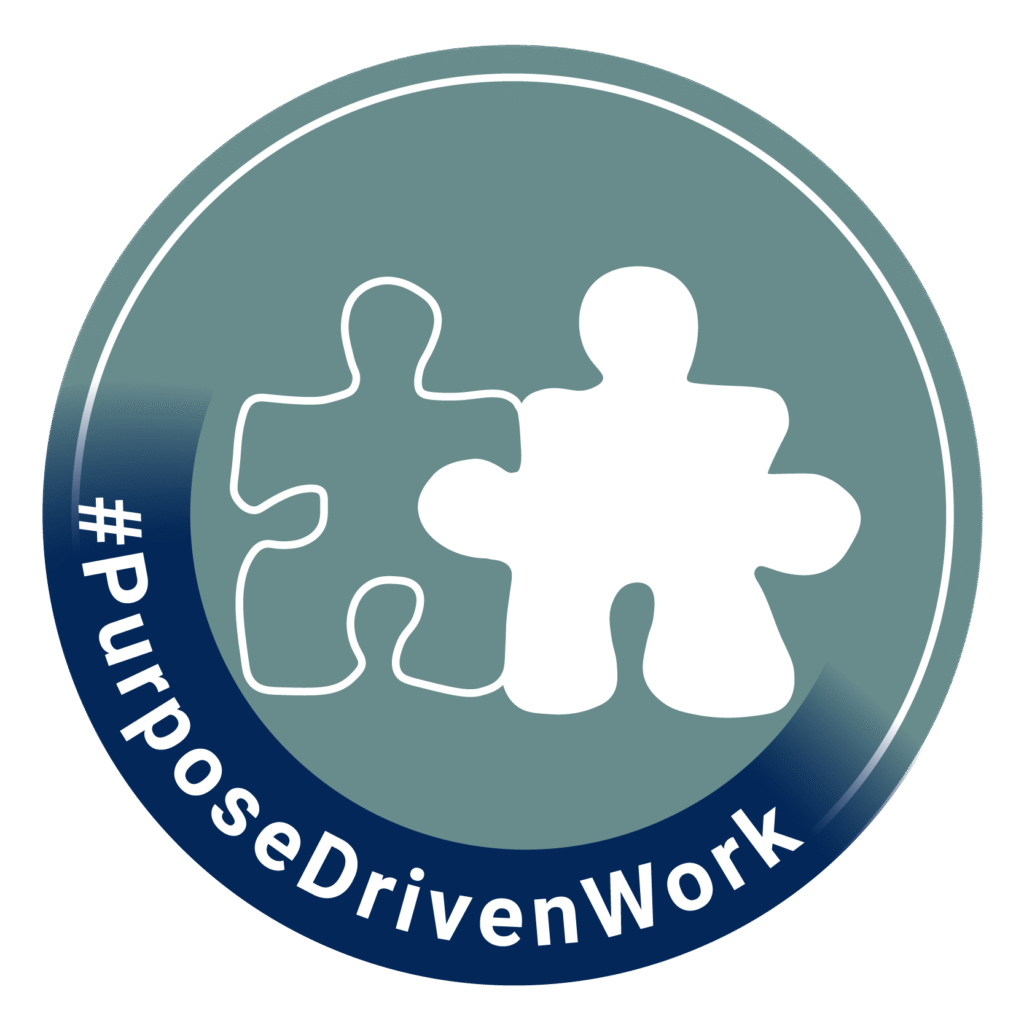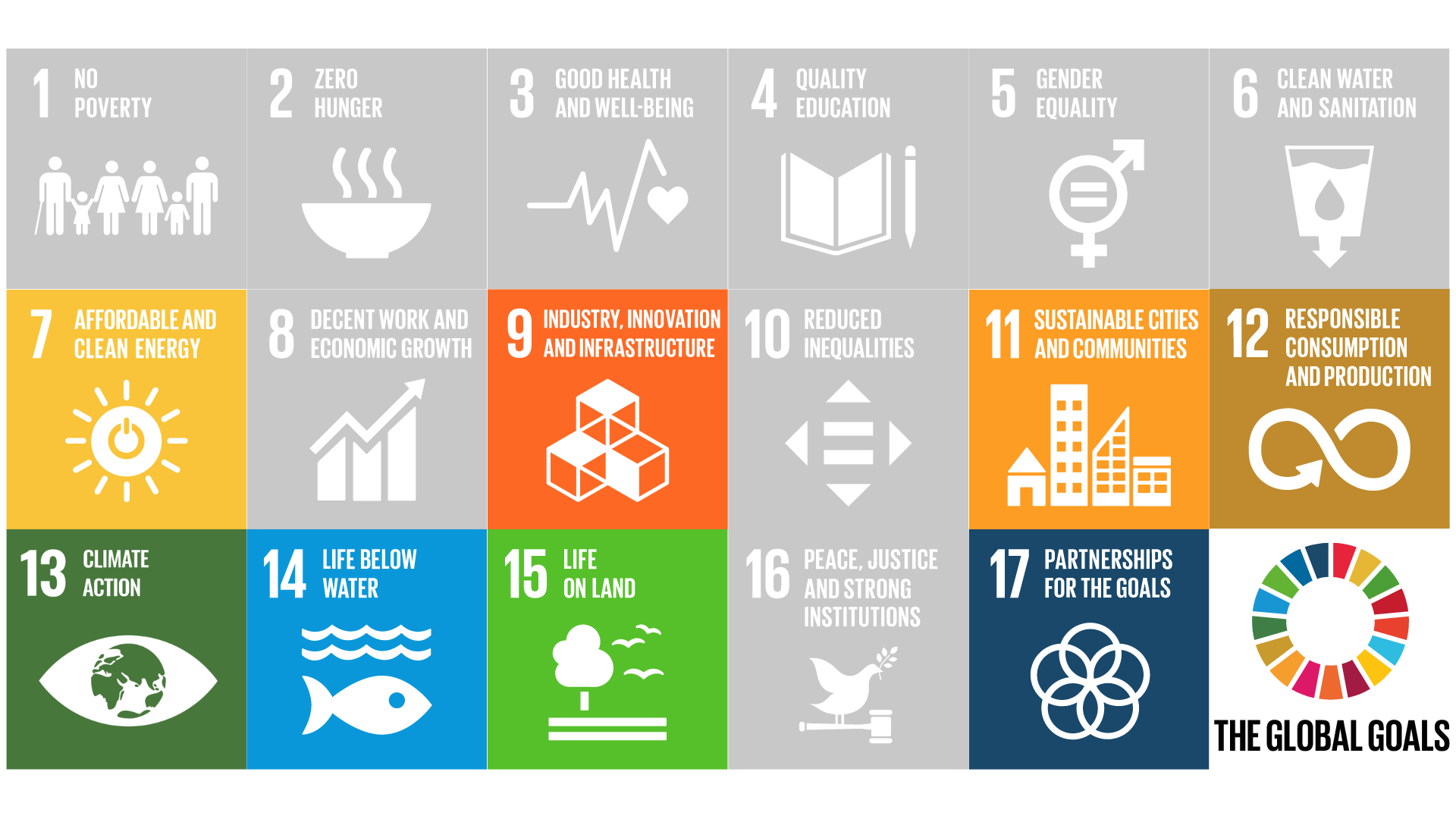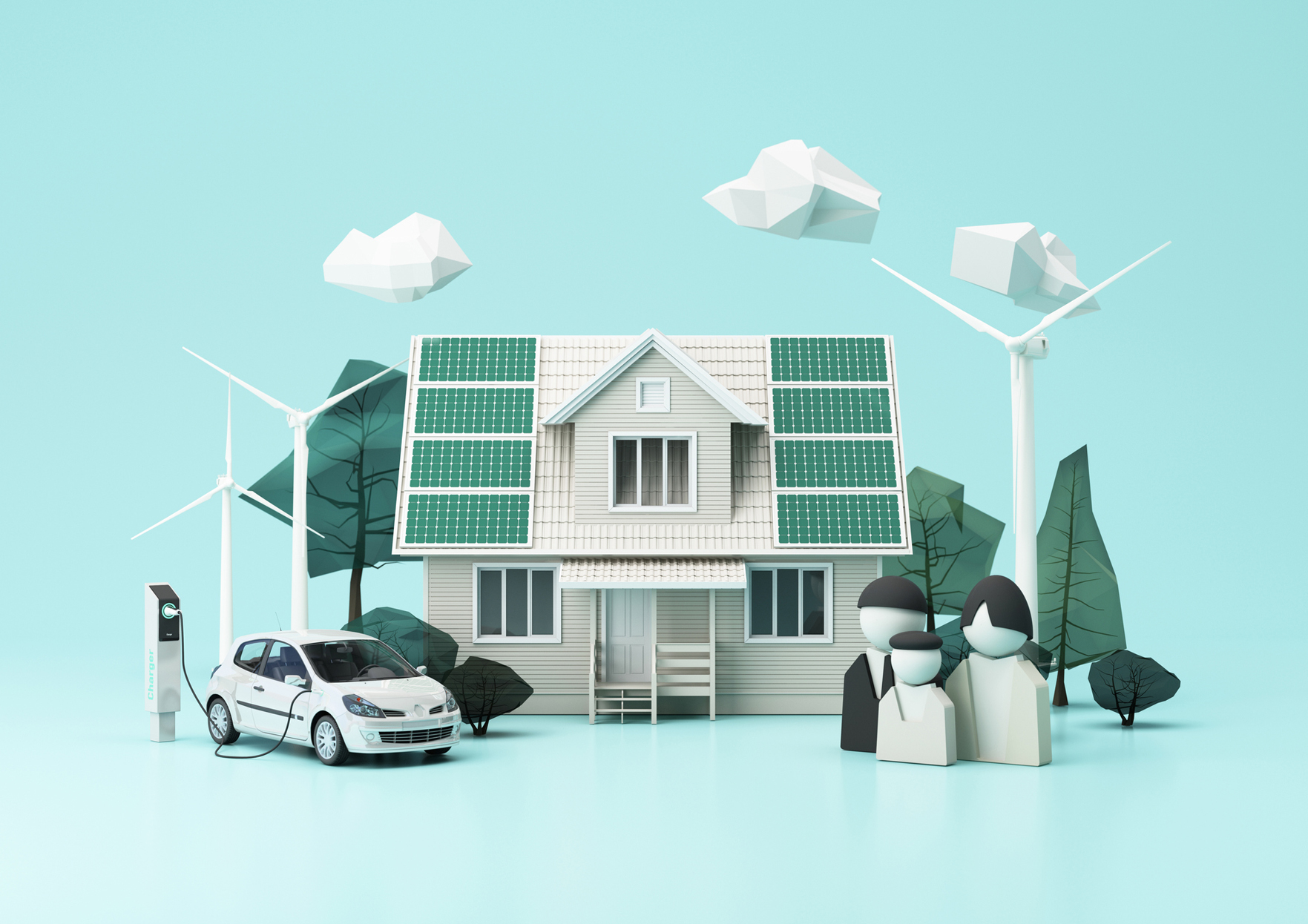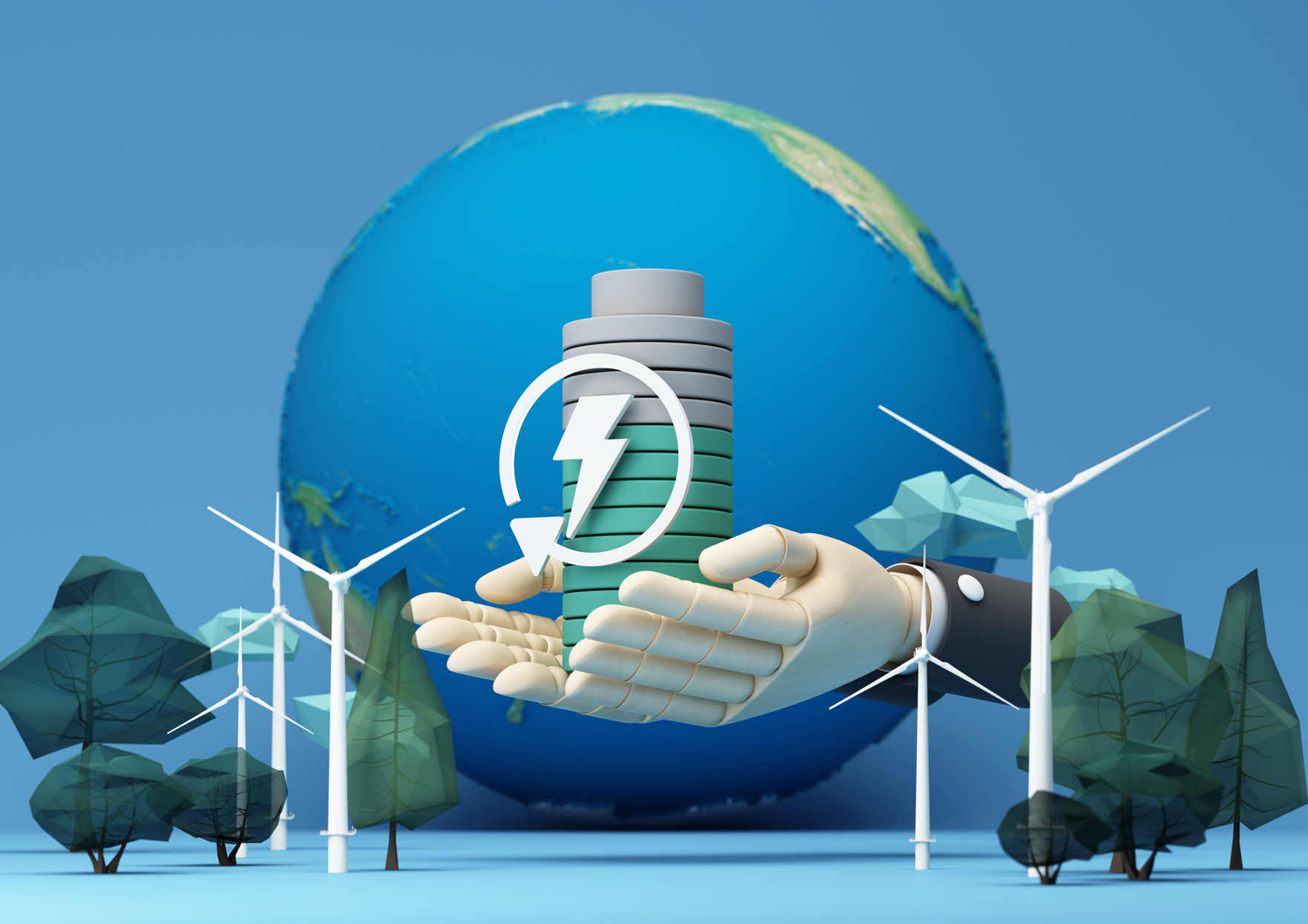Get In touch
Want to know more?
Join us in the effort to build a more sustainable future. Explore our job opportunities in the energy transition in the Netherlands today and take the first step towards a rewarding and fulfilling career in the renewable energy sector.
Leave us a message
Westplein 12
3016 BM Rotterdam
Monday - Friday
Our hours 09:00 AM - 18.00 PM
Phone: 010 – 8080425
Email: Info@duurzamejobs.nl







